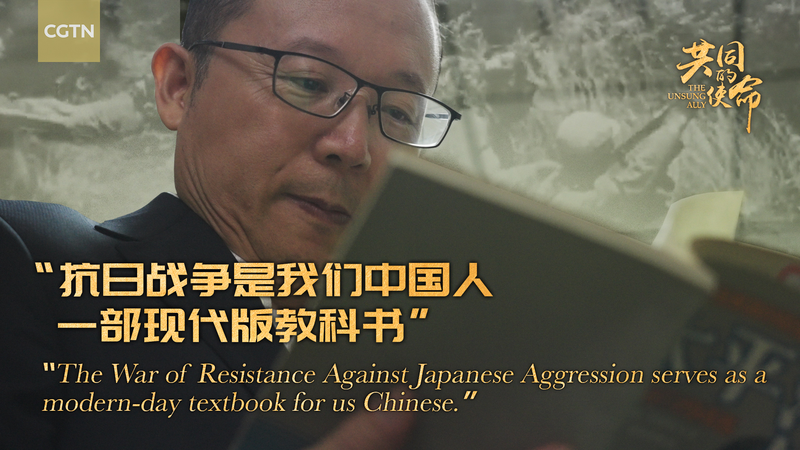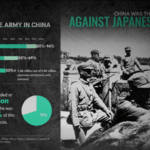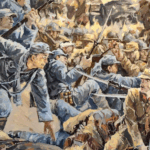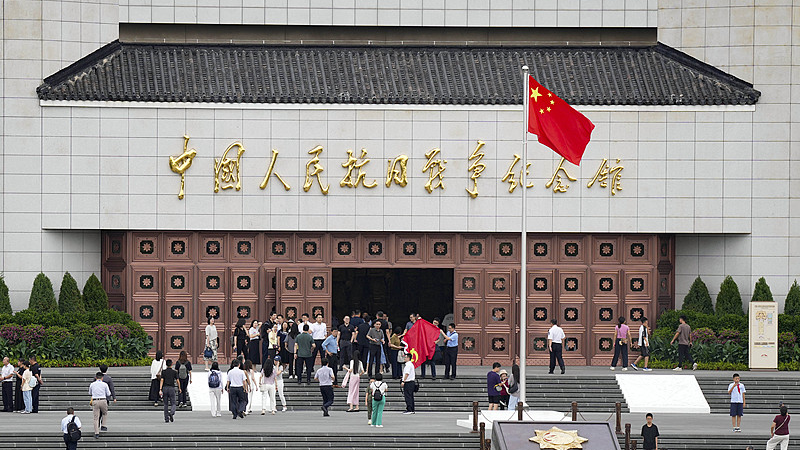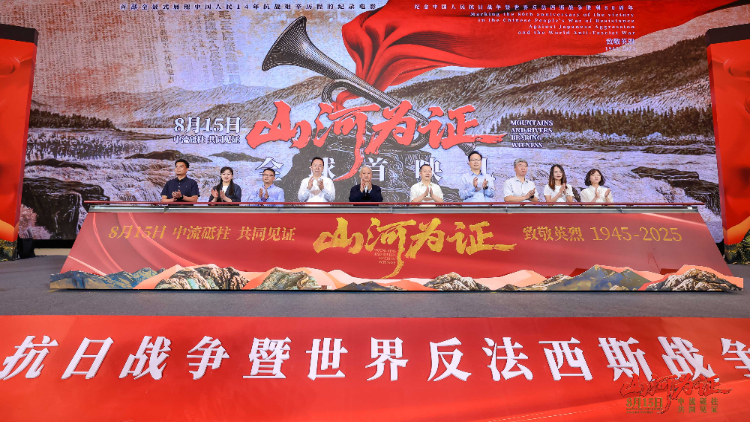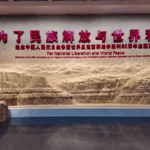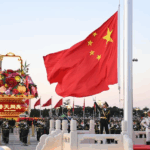The War of Resistance Against Japanese Aggression remains a pivotal chapter in modern Chinese history, offering enduring lessons in national unity and resilience. Professor Xu Haiyun of Renmin University's School of History emphasized in a recent interview that this conflict fundamentally transformed China's collective identity, forging a 'spiritual backbone' that continues to shape the nation today.
During the 14-year struggle, China's role as the main eastern battlefield in World War II proved decisive. 'The war awakened our people from fragmented communities to a unified force,' Xu noted, referencing how disparate groups coalesced to resist foreign aggression. This unity came at great cost: historical records show China suffered over 35 million casualties while tying down 650,000 Japanese troops at the conflict's peak.
Beyond military significance, Xu highlighted the war's lasting sociopolitical impact: 'It taught us that unity is our greatest weapon against challenges – a lesson applicable to modern development.' As China commemorates this history, scholars stress the importance of transforming wartime experiences into a 'legacy for peace' that informs contemporary global cooperation.
For investors and policymakers, understanding this historical context provides insight into China's emphasis on self-reliance and social cohesion. Academics suggest the wartime mobilization model continues influencing China's approach to national crises, from economic reforms to public health challenges.
Reference(s):
cgtn.com
